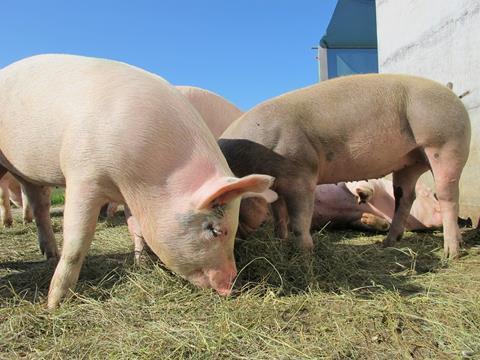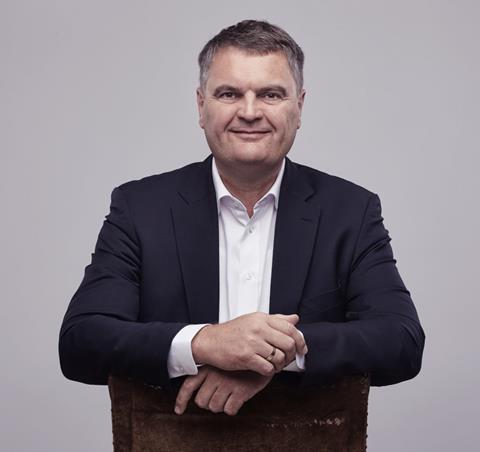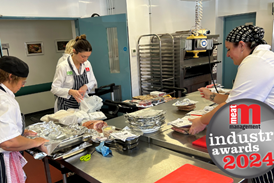Danish Crown has confirmed its intention to build a position as the world’s leading producer of sustainable meat, and will achieve this by halving its climate footprint per kilogramme of pork by 2030.

The vision the company have, is being a completely climate-neutral value chain by 2050.
As background to the project, Danish Crown point to climate scientists worldwide, some of whom say that meat is a big challenge for the Earth’s well-being, the climate, and living conditions for future generations. Believing that this is a fundamental challenge for all meat producers, including Danish Crown and Danish Crown’s owners, who are Danish farmers, the business model will now intensify its commitment to making the meat they produce more sustainable.
In a statement Jais Valeur, Group CEO of Danish Crown said: ”We believe that we’re going to see a huge market for sustainable meat in future. We want to capture this market and create a brand as the most sustainable producer of meat-based food products. We have a strong starting point, as our Danish owners are already leading the way on very many parameters, and this is something that we must now build on.
“By 2030, Danish Crown will have reduced its emissions of greenhouse gases for each kilogramme of pork it produces from farm to fork by at least 50 per cent compared to 2005. Even before the end of 2019, 90% of the pigs supplied to Danish Crown’s Danish abattoirs will come from sustainability-certified farmers, and the vision is for all meat from Danish Crown to be climate-neutral by 2050, all the way from farm to fork.”
Reduced climate impact
Danish Crown has actually commissioned researchers to calculate and document developments since 2005. The conclusion is that Danish farmers have reduced the climate impact of producing one kilogramme of pork by 25 per cent between 2005 and 2016, of which agriculture accounts for 18 per cent.

Jais Valeur continued: “Pork has unjustifiably been in the firing line for climate impact. We’re going to change this, because we now know that we could have been talking about sustainability from as early as the mid-2000s. We cannot turn back the clock, but the results are there for all to see, and what we’re going to do is launch a concept which we, as well as our customers, can communicate and which is going to win the support of consumers, because at the end of the day, it’s the choices being made by consumers that will drive the transition.”
The Danish Crown group are currently setting up a number of cross-organisational projects focusing on everything from energy and water consumption, to packaging and transport solutions. The aim is to define goals in all these areas and to establish a number of partnerships which will enable Danish Crown to identify new solutions in cooperation with both researchers and other companies in the industry.
“At our MEAT2030 conference in Copenhagen in autumn 2018, participants were practically queuing up to partner with us in the field of sustainable development. This is fantastic, because the path to a position as the world’s leading manufacturer of sustainable meat is one dotted with challenges that must be resolved.
“We’re reaching out to potential partners with whom to develop sustainable solutions, thereby enabling us to achieve our climate and sustainability goals, while simultaneously developing our business for the benefit of our owners,” says Jais Valeur.
Danish Crown has not yet finalised its climate goals for beef and veal, but say they will be closely aligned with the goals being set for Danish dairy production and Danish Crown’s sustainability certification for pork. However, the long-term vision of climate neutrality covers all the group’s activities.
This story was originally published on a previous version of the Meat Management website and so there may be some missing images and formatting issues.





